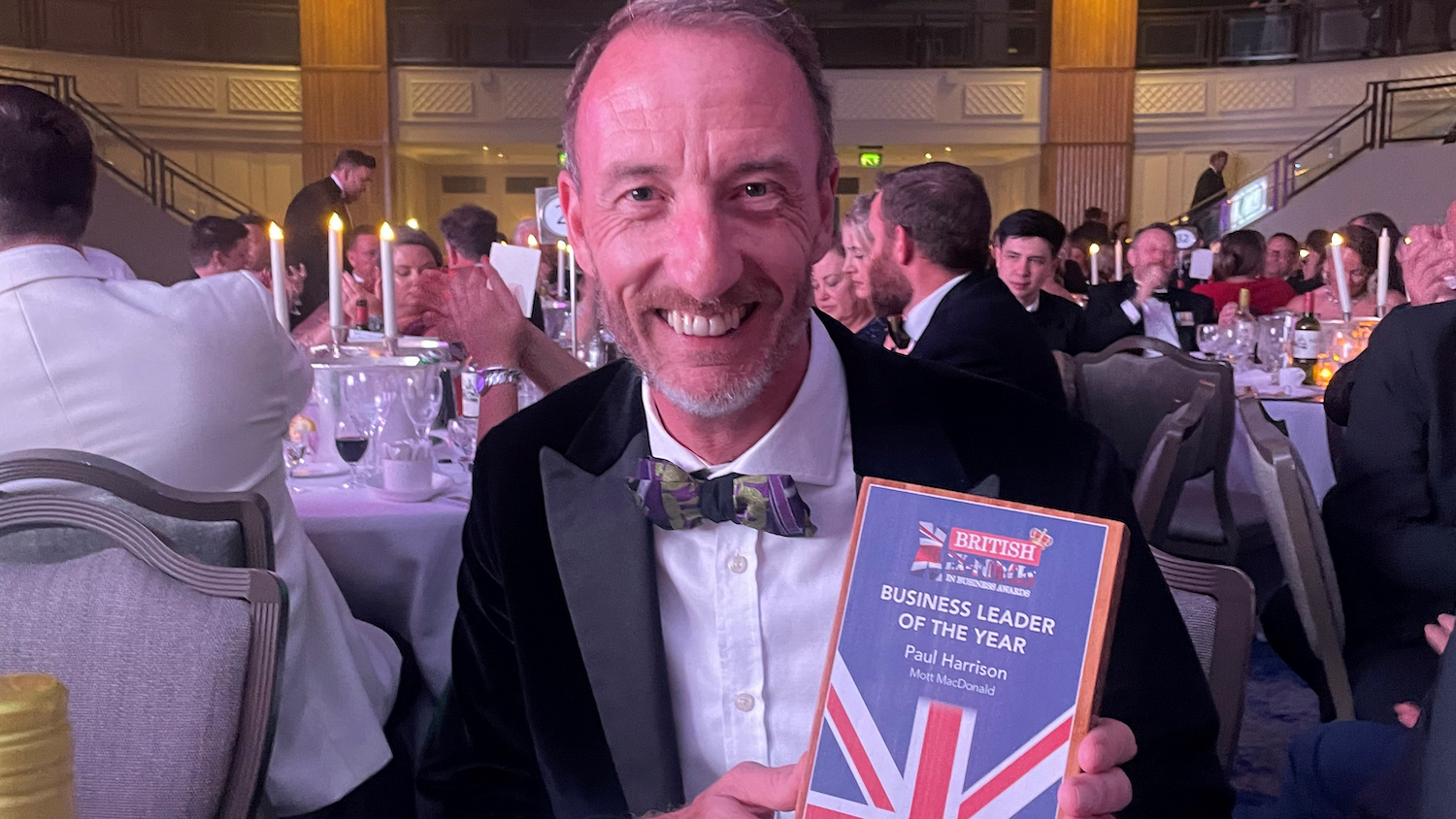
Veteran skills: leading from the front
Paul Harrison tells CIOB People how the leadership skills gained from a 22-year military career are helping him to drive growth in Mott MacDonald’s defence sector
“Turbo charging”. That’s how Paul Harrison’s impact on Mott MacDonald’s defence business has been described. Its turnover has more than doubled in the past three years under his leadership as key account lead for defence in the UK and Europe.
That success was recognised this summer, with Harrison winning the Business Leader of the Year category at the British Ex-Forces in Business Awards. And it’s a nod to his career in the Armed Forces before joining civilian life.
He credits the leadership skills gained through his military training as the key to the growth he has driven at Mott MacDonald so far.
Musical calling
Harrison nearly had a very different calling in life due to his love of music – and the drums in particular.
At 18, he had the choice of a place at Leeds University to study for a degree in music or to join the Royal Air Force (RAF) as a drummer “and get paid to be a drummer”. He says he chose the paid option and started his training at RAF Uxbridge in 1985.
The move from music to leadership came in 1995, when Harrison underwent officer training at RAF Cranwell. That led him to progress through the ranks to squadron leader before leaving for a civilian career.
Harrison believes his military training has given him strong stakeholder management leadership skills. The structured approach to leadership training in the military, with courses at certain career points and a specific focus based on seniority and grade, is what differentiates his skills from those gained by others in civilian roles, he says.
“Leadership underpins most military training courses and is fundamental to the success of the Armed Forces. Too often the civilian approach seems to see it as more of an add-on than an essential,” he explains.
“I’ve been in command of thousands, so I know how to lead people and I’m also good at getting them to operate as a team.”
Those leadership skills were put to the test in operations in both Iraq and Afghanistan, as well as other postings around the world – and those capabilities have underpinned his success since.
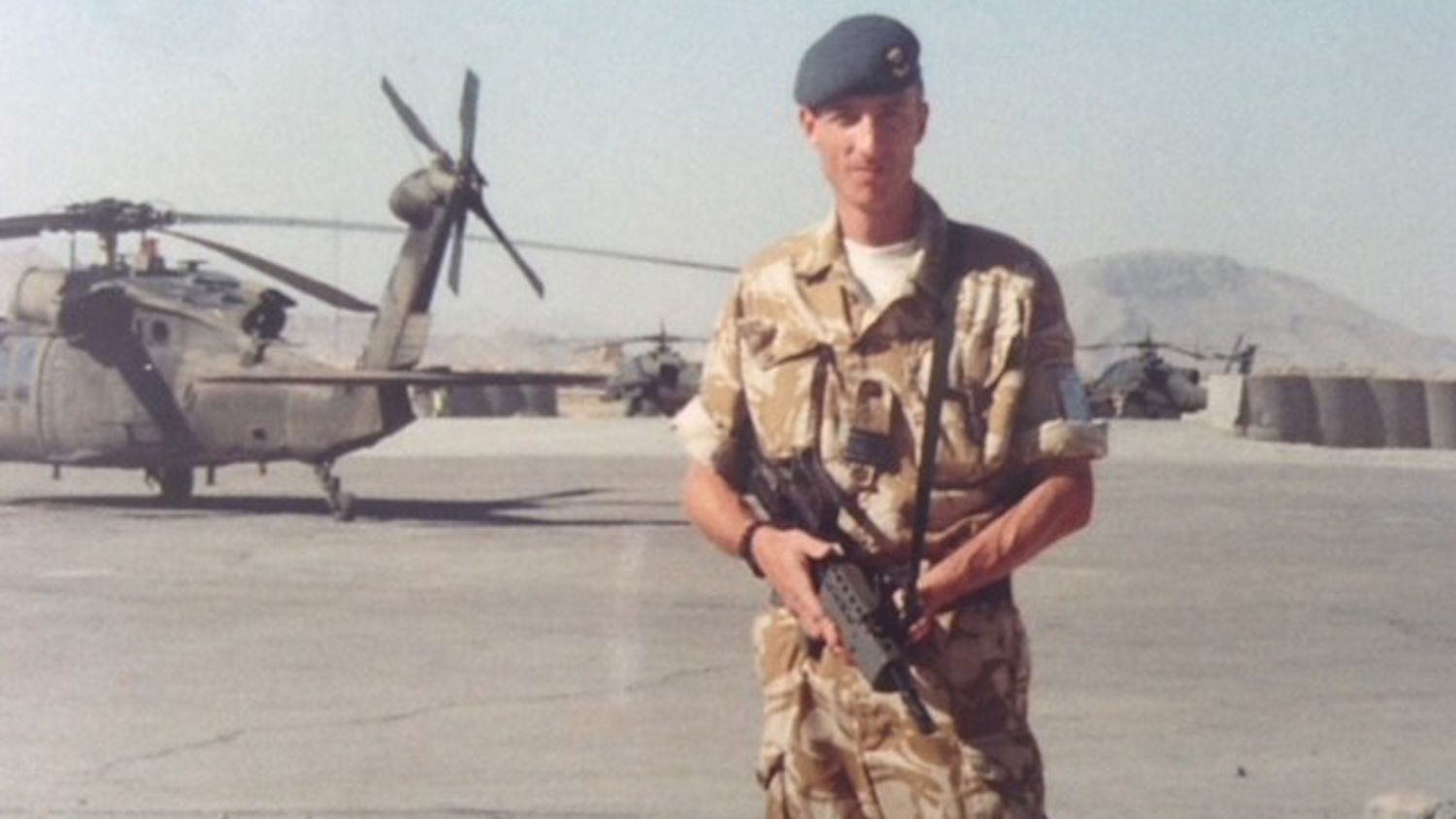
Leaving the service
It is clear that Harrison found his military career professionally satisfying and something to be proud of. So despite the expertise he gained over his 22 years in the RAF, it was still a leap of faith to leave in 2007. But he describes it as “the best thing I ever did”.
His journey to joining Mott MacDonald started with a role in the civil service in the Prison Service as a programme manager. He then moved to Anglian Water in 2014 as a capital programme manager, where he added commercial knowledge to his capabilities.
Harrison believes the experience gained in these roles, along with his military career, have positioned him well for his current responsibilities at Mott MacDonald and to accelerate the growth of the firm’s defence business.
It was working at Anglian Water that gave him an insight into Mott MacDonald and its business culture.
“There were a lot of project managers from Mott MacDonald working with Anglian Water and I liked their approach to work – how they offered different solutions and drew in others with skills we needed,” he says.
“It felt like they really enjoyed their work. They worked with Anglian Water as a single team and put the client first, which really struck a chord with how the military approaches such tasks.”
Move to Mott MacDonald
So when a role came up with Mott MacDonald in 2019, to support the delivery of infrastructure at RAF Lakenheath for the arrival of the first F-35 aircraft for the Defence Infrastructure Organisation (DIO), Harrison made the move to consultancy.
After six months, this led to a broader role as key account lead for all Mott MacDonald’s work with the DIO. However, it was clear that his leadership skills could be used to greater effect across the whole defence portfolio.
“When I moved into my current role, our work for the DIO accounted for a large proportion of our defence business,” explains Harrison.
Developing other client relationships and winning work was clearly a key part of his responsibilities, but forming a strong team to deliver on his ambitions for those clients was also critical.
“Over the past couple of years we’ve diversified the portfolio by winning work with Babcock at Devonport Dockyard and large infrastructure programmes with the Atomic Weapons Establishment,” he says.
“We’re also working to develop relationships with Rolls Royce and BAE Systems, as well as working for main works contractors on defence projects.”
In addition to his focus on the UK and Europe, Harrison is deputy global lead for defence. Through this role, he also supports delivery of work for the US Department of Defense and the AUKUS submarine endeavour – a landmark partnership between Australia, the UK and the US to deliver nuclear-powered submarine capability for Australia.

When I took over three years ago there were a lot of disparate teams and working groups all trying to do the right thing. What they needed, and were looking for, was someone to provide some focus and clear direction
Ramping up the team
Mott MacDonald’s defence work in the UK and Europe is the fastest growing part of his job and this has led to the need to rapidly ramp up the delivery team, which is where Harrison’s leadership and team building skills have come into play.
He acknowledges that embedding a rapidly expanded team and preparing them for further growth while managing a burgeoning workload is not straightforward.
With staff working on defence projects drawn from right across Mott MacDonald’s business units, Harrison says the relationships with the leaders of those units is critical.
He explains: “One of the main challenges when I took over three years ago was that there were a lot of disparate teams and working groups that were all trying to do the right thing. What they needed, and were looking for, was someone to provide some focus and clear direction.”
Getting them to work as one team was quite attritional to start with, says Harrison. “But as the senior staff were brought in, a leadership team was created and they quickly started to operate as a single team,” he adds.
“That started to set an example for other people to follow, so they were united under the defence offering rather than seeing themselves as only part of our buildings, energy, water and environment or advisory units.”
According to Harrison, the benefit to defence clients of this one-team approach is that they can tap into the best of what Mott MacDonald can offer through a single entry point into the business.
Developing these client relationships and having the ability to seamlessly offer multiple services has been key to growth, alongside Harrison’s leadership.
“A lot of work we have won in recent years has been directly awarded because we are well thought of by the client and they know the standard of service we will deliver on their projects,” he explains.
Winning combination
The result has been Harrison’s win at the British Ex-Forces in Business event, following his nomination by Mott MacDonald’s global defence lead, Ian Courtney.
In his citation, Courtney outlined the impact of Harrison’s leadership on the defence business and his turbo-charging effect.
Courtney also commended him for delivering growth while also “acting with compassion for our staff and clients, who are often under high delivery pressure, and engaging with energy, enthusiasm and a healthy spoonful of humour”.
There were 900 nominations for the award and Harrison says he was blown away to be shortlisted. But he was “utterly speechless” when he was announced as the winner.
He is also delighted the award recognises the efforts of the team he has built and believes others in the sector can learn from the collaborative approach they have developed.
More broadly, Harrison believes the construction and infrastructure sector needs to become more proactive and structured in the way it fosters leadership skills within its workforce – or look to other sectors to gain that.
He is clear that he is not an engineer and didn’t have construction experience at the outset but that his military training gave him – and others like him – transferable skills that benefit the sector.
With the increasing spotlight on efficiency and productivity across the infrastructure industry, focusing on leadership and learning from veterans like Harrison will certainly help.
Comments
Comments are closed.


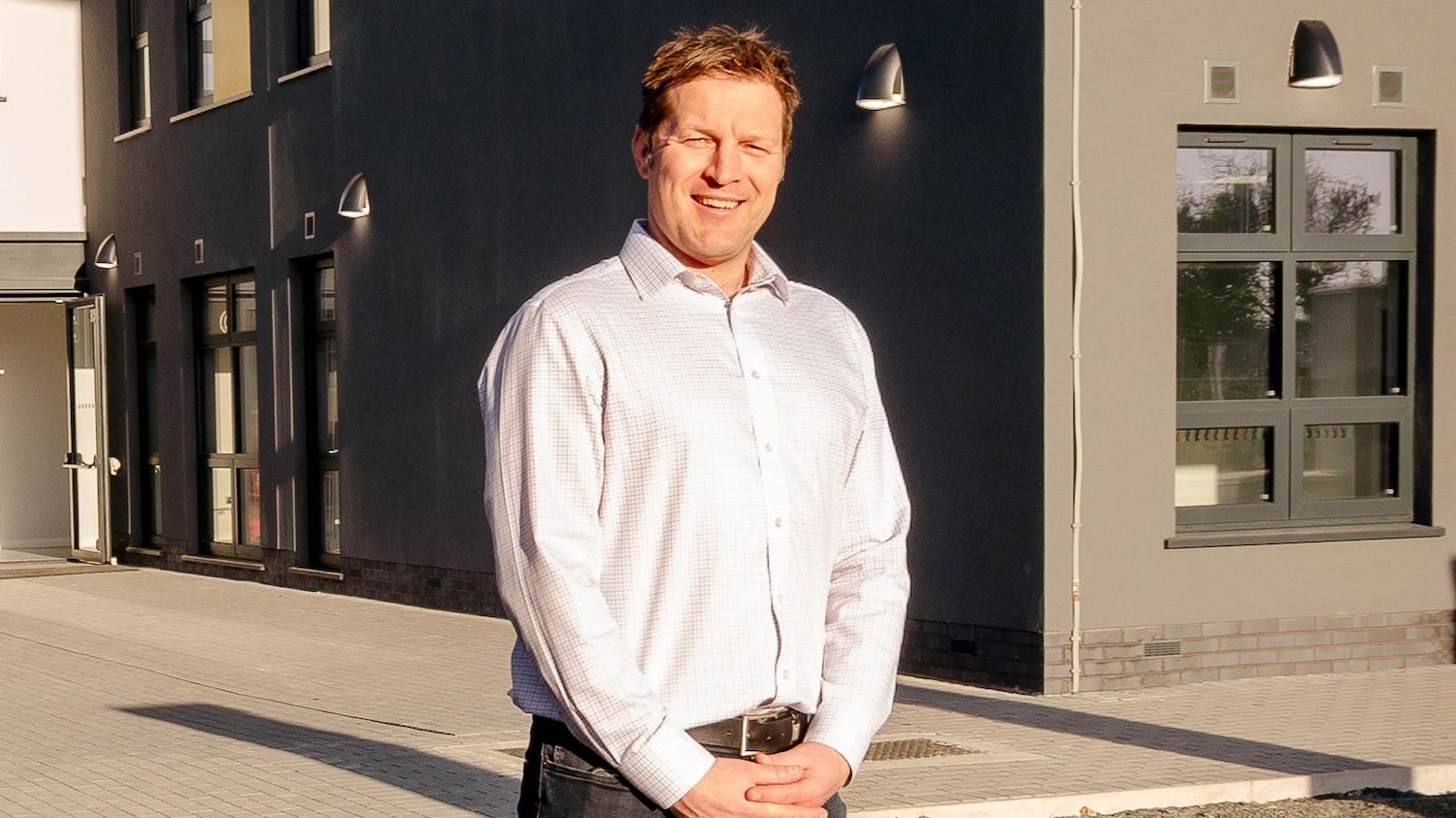
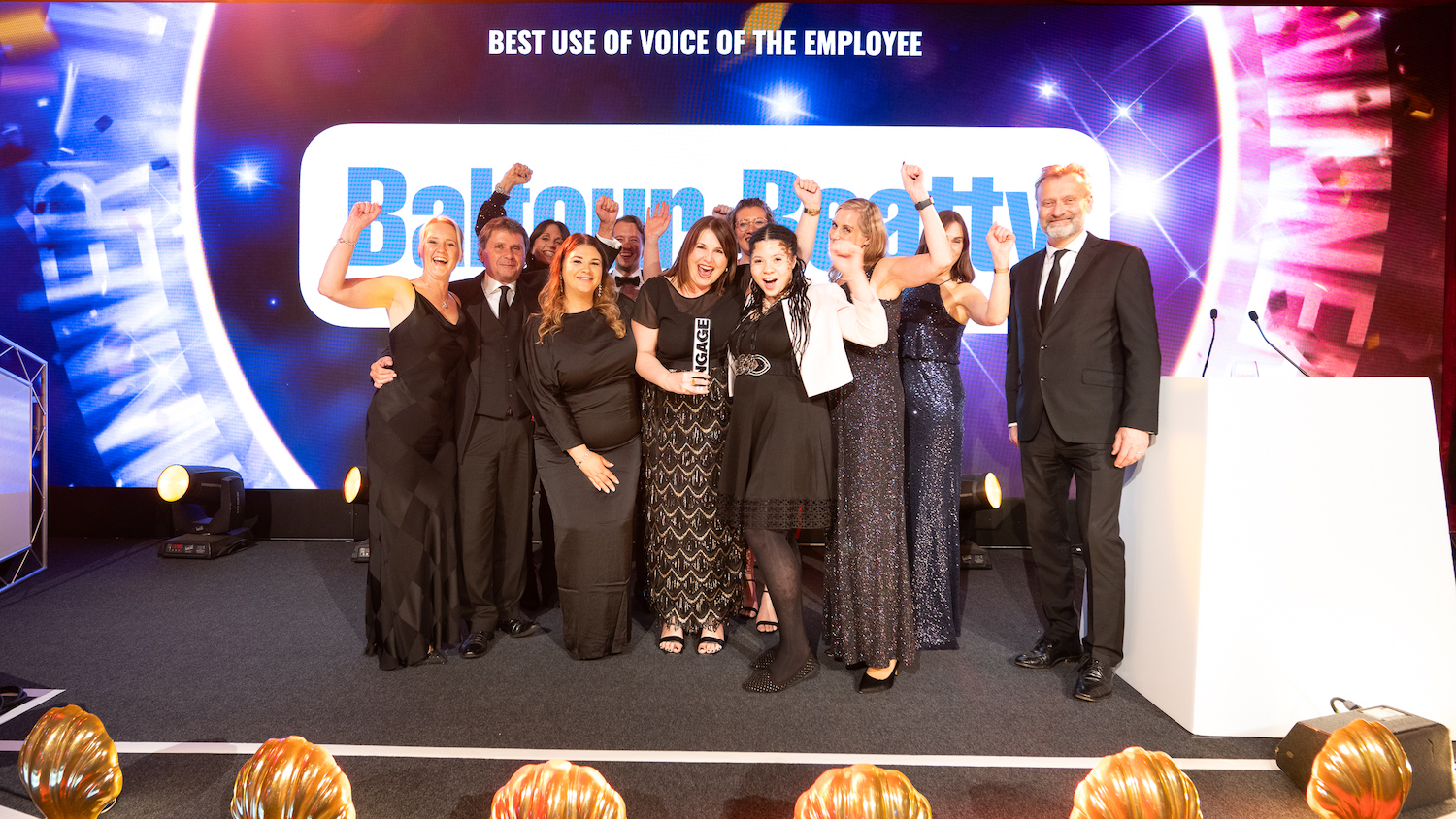
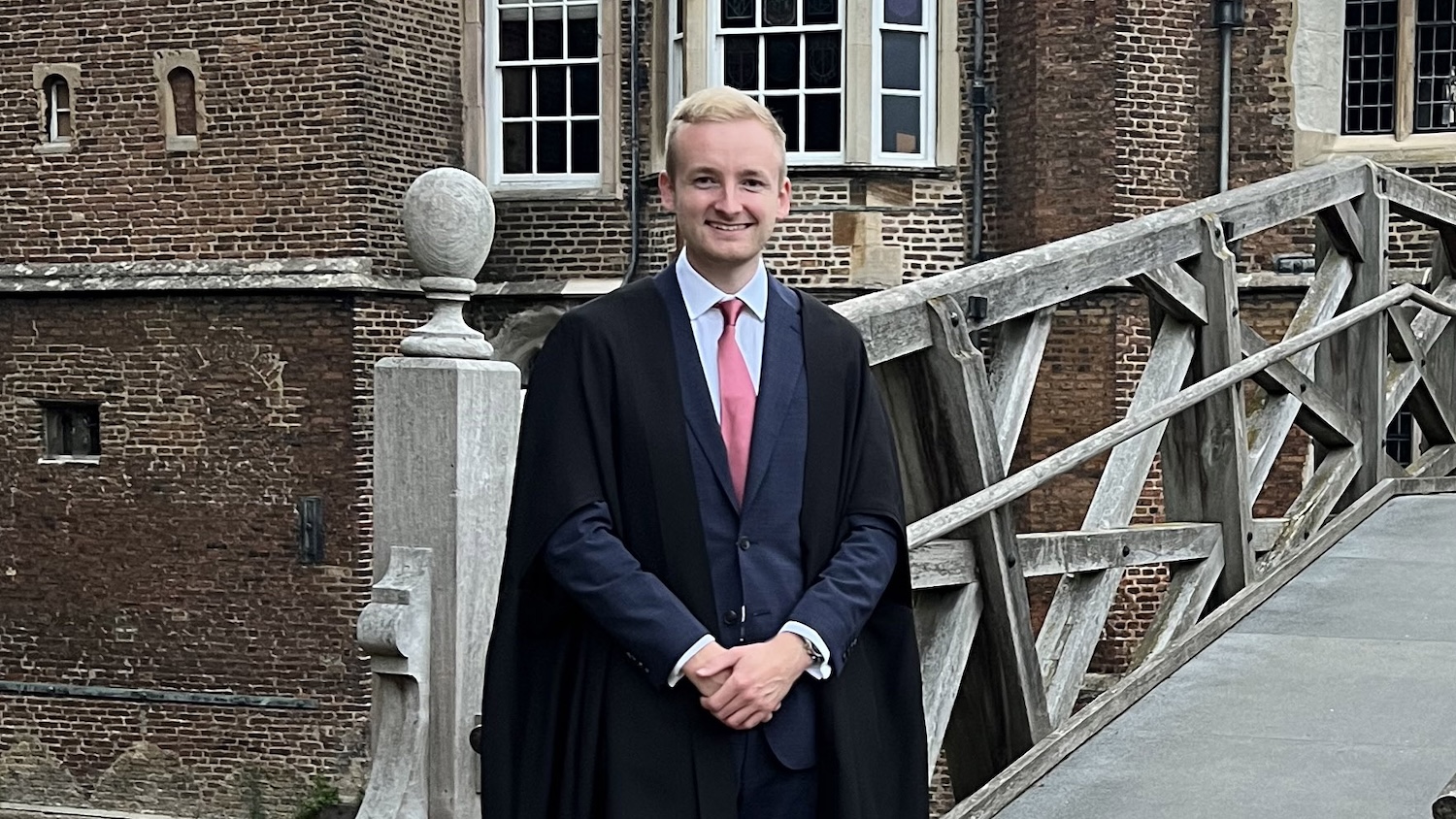

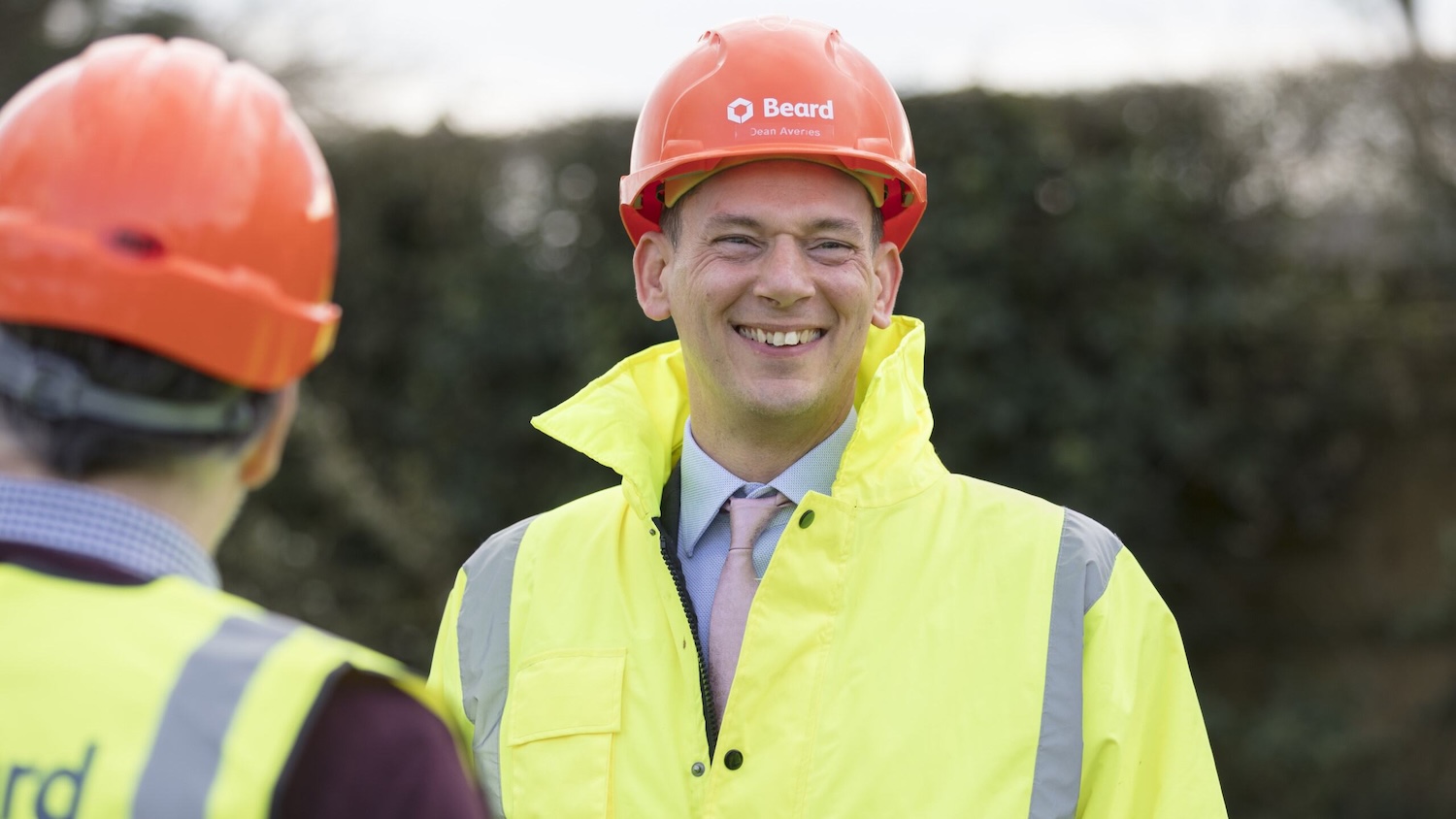
Very interesting and an excellent insight into the Construction industry not just defence related!
In this respect see today’s Greenfell inquiry results! The terms and Conditions of contract do not appear to be even mentioned!